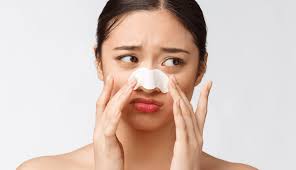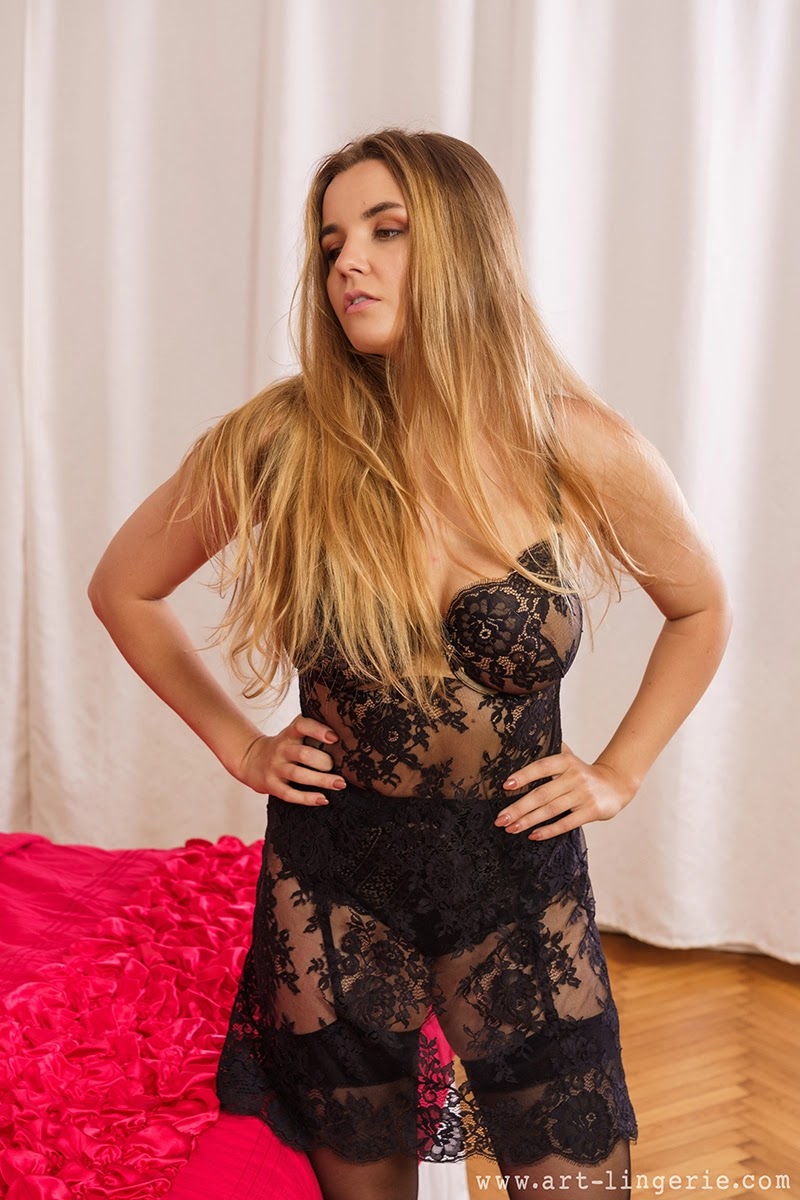
.webp)
.webp)
.webp)
The Ultimate Guide to Blackheads: Prevention, Removal, and Treatment
.webp)
.webp)
Blackheads are one of the most persistent skincare concerns. As tempting as they are to pop, it’s crucial to resist the urge.
.webp)
.webp)
.webp)
Squeezing them can lead to irritation, redness, and even scarring, leaving your skin worse off than before. Besides, it can be quite uncomfortable!
.webp)
.webp)
While professional extractions are a surefire way to get rid of blackheads, they come at a cost, both in terms of time and money. The good news?
.webp)
.webp)
.webp)
There are plenty of home treatments that can help reduce the appearance of blackheads without breaking the bank. From exfoliants to chemical peels, the options are endless.
.webp)
.webp)
However, choosing the right one can be tricky because each skin type reacts differently to various ingredients.
.webp)
.webp)
.webp)
If you’re unsure whether you should use salicylic acid or glycolic acid, or if you’re just confused about the difference between BHA and AHA, don’t worry.
.webp)
.webp)
We’ve broken down everything you need to know about blackheads and how to deal with them effectively.
.webp)
.webp)
.webp)
What Are Blackheads?
.webp)
.webp)
Blackheads, or open comedones, are small, dark bumps that form on your skin.
.webp)
.webp)
.webp)
“They occur when dead skin cells and oil (sebum) build up, clogging the opening of a hair follicle,” says Dr. Ben Esdaile, a consultant dermatologist at Skin + Me.
.webp)
.webp)
This clogged pore then enlarges, allowing oil and debris to sit at the surface.
.webp)
.webp)
.webp)
Unlike whiteheads, which are closed comedones, blackheads remain open at the surface. The dark color comes from oxidation, not dirt.
.webp)
.webp)
The black hue occurs when the sebum and dead skin cells inside the follicle are exposed to air, triggering a chemical reaction that turns them black.
.webp)
.webp)
.webp)
Why Do Blackheads Form?
.webp)
.webp)
Blackheads are most common in areas where there are many sebaceous glands (oil-producing glands), such as your face.
.webp)
.webp)
.webp)
“They typically form on the nose, chin, and forehead, areas that have a high density of hair follicles,” Dr. Esdaile explains.
.webp)
.webp)
Although everyone can experience blackheads—whether you have acne-prone skin, dry skin, or sensitive skin—those with oily skin are more prone to developing them.
.webp)
.webp)
.webp)
Excess oil production can easily clog pores, creating the perfect environment for blackheads to form.
.webp)
.webp)
How to Prevent and Remove Blackheads
.webp)
.webp)
.webp)
While it may be tempting to pop or squeeze your blackheads, Dr. Esdaile strongly advises against it.
.webp)
.webp)
Squeezing can push the contents of the blackhead deeper into the skin, which may lead to further irritation and scarring.
.webp)
.webp)
.webp)
Instead, it’s best to turn to treatments that can effectively dissolve the blockage in your pores without damaging your skin.
.webp)
.webp)
Professional Extractions vs. Home Treatments
.webp)
.webp)
.webp)
Professional extractions can remove blackheads, but they usually come with a price tag. If you prefer to handle things at home, there are several products that can help reduce blackheads’ appearance. The best option for you will depend on your skin type and sensitivity.
.webp)
.webp)
“Chemical exfoliants such as BHA and AHA are great for clearing clogged pores, especially if you have sensitive skin,” Dr. Esdaile notes.
.webp)
.webp)
.webp)
These acids are available in a variety of over-the-counter products, making it easy to incorporate them into your routine.
.webp)
.webp)
BHA vs. AHA: Which One Should You Choose?
.webp)
.webp)
.webp)
The key to effectively fighting blackheads lies in understanding the difference between BHA (Beta Hydroxy Acid) and AHA (Alpha Hydroxy Acid).
.webp)
.webp)
BHA (Salicylic Acid): This is oil-soluble, which means it can penetrate deep into your pores to dissolve the oil and dead skin cells clogging them.
.webp)
.webp)
.webp)
Salicylic acid is ideal for those with oily or acne-prone skin because it helps unclog pores and reduce inflammation.
.webp)
.webp)
AHA (Glycolic Acid, Lactic Acid, etc.): AHAs, on the other hand, are water-soluble and work by exfoliating the surface of your skin.
.webp)
.webp)
.webp)
They help remove dead skin cells and promote cell turnover, making your skin look smoother and more radiant. AHAs are great for dry skin because they help to hydrate and resurface the skin.
.webp)
.webp)
If you have sensitive skin, Dr. Esdaile recommends opting for a mild AHA, as they tend to be gentler. Those with oilier skin, however, may benefit from stronger BHAs like salicylic acid.
.webp)
.webp)
.webp)
Do Physical Exfoliants Work?
.webp)
.webp)
You might be tempted to grab a scrub or facial brush to exfoliate your skin and remove dead skin cells. However, Dr. Esdaile warns against using physical exfoliants.
.webp)
.webp)
“Physical exfoliants can be abrasive and may irritate the skin, especially if you have a sensitive skin barrier,” he explains.
“Instead, chemical exfoliants are a better option, as they dissolve dead skin cells without causing irritation.”
Instead of scrubbing away at your face, consider gentler alternatives like glycolic acid or salicylic acid-based products.
Topical Treatments: Retinol, Niacinamide, and More
There are several ingredients you can incorporate into your skincare routine to prevent blackheads from forming and to reduce their appearance.
1. Salicylic Acid (BHA)
Salicylic acid is the most popular acid for combating blackheads.
As mentioned, its oil-soluble nature allows it to penetrate deep into pores, making it highly effective at clearing out the oil and dead skin cells that lead to clogged pores.
You can find it in toners, serums, and masks.
2. Niacinamide
Niacinamide, also known as vitamin B3, is another powerful ingredient for reducing blackheads. It helps regulate oil production, which can prevent the build-up of sebum that leads to clogged pores.
If you have oily skin, niacinamide is a great addition to your routine.
3. Retinoids (Retinol)
Retinol, a derivative of vitamin A, is another excellent option for keeping blackheads at bay. Topical retinoids help accelerate cell turnover, which prevents the clogging of hair follicles.
By using retinol regularly, you can promote healthier skin and prevent future breakouts. However, retinol can be drying, so it’s essential to follow up with a good moisturizer.
The Role of Moisturizers and Sunscreen
When using chemical exfoliants like BHA, AHA, or retinol, it’s crucial to hydrate and protect your skin.
Exfoliating acids can sometimes leave your skin more sensitive, so always apply a gentle moisturizer after treatment to help your skin recover.
Dr. Esdaile also recommends applying sunscreen during the day, especially if you’re using exfoliating products.
“Exfoliating acids can make your skin more prone to sun damage, so protecting it from UV rays is essential,” he notes.
Common Mistakes When Dealing with Blackheads
To make sure you’re taking the best approach to blackhead removal, avoid these common mistakes:
Overuse of Exfoliants: Using too many active ingredients like BHAs, AHAs, and retinol at once can lead to skin irritation. Stick to one or two active ingredients to avoid overloading your skin.
Squeezing or Picking: Trying to pop blackheads can damage your skin and push the debris deeper into your pores. It also increases the risk of scarring and pigmentation.
Skipping Moisturizer: Even if you have oily skin, skipping moisturizer can worsen blackheads. Keeping your skin hydrated helps maintain its balance and strengthens the skin barrier.
The Best Blackhead Treatments You Can Try Right Now
If you’re looking to treat your blackheads at home, here are some top-rated products you should consider:
1. Medik8 Press & Clear
This product contains encapsulated, time-released salicylic acid, making it ideal for people with sensitive skin. It works to unclog pores without irritating the skin barrier.
A gentle yet effective choice for blackhead removal.
2. Medik8 Crystal Retinal
For a more potent treatment, Medik8 Crystal Retinal offers retinal, a retinoid derivative that promotes cell turnover while minimizing irritation.
It’s one of the most advanced formulas for reducing blackheads and improving overall skin texture.
3. Dermalogica Liquid Exfoliant
This liquid exfoliator combines glycolic, salicylic, lactic, and phytic acids to remove dead skin and oil from your pores. It’s a powerhouse formula that also includes fermented pomegranate enzymes for added hydration.
4. La Roche-Posay Effaclar Duo+ Anti-Acne Moisturizer
This moisturizer is perfect for acne-prone skin. It helps regulate sebum production while soothing the skin. Use it alongside exfoliating treatments to keep your skin balanced and hydrated.
5. Avène Cleansing A.H.A Exfoliating Essence
Avène’s exfoliating essence uses a blend of lactic and succinic acids to unclog pores and reduce the appearance of blackheads.
It’s suitable for even the most sensitive skin and helps keep skin hydrated with its patented thermal water.
Conclusion
Blackheads are a common yet frustrating skincare issue, but they don’t have to be a permanent problem.
With the right combination of chemical exfoliants, moisturizers, and patience, you can effectively manage and prevent blackheads.
Remember, resist the temptation to pop them, and instead opt for gentle, science-backed treatments that are suited to your skin type.
With consistent care, you can enjoy smoother, clearer skin without the risk of scarring or irritation.



